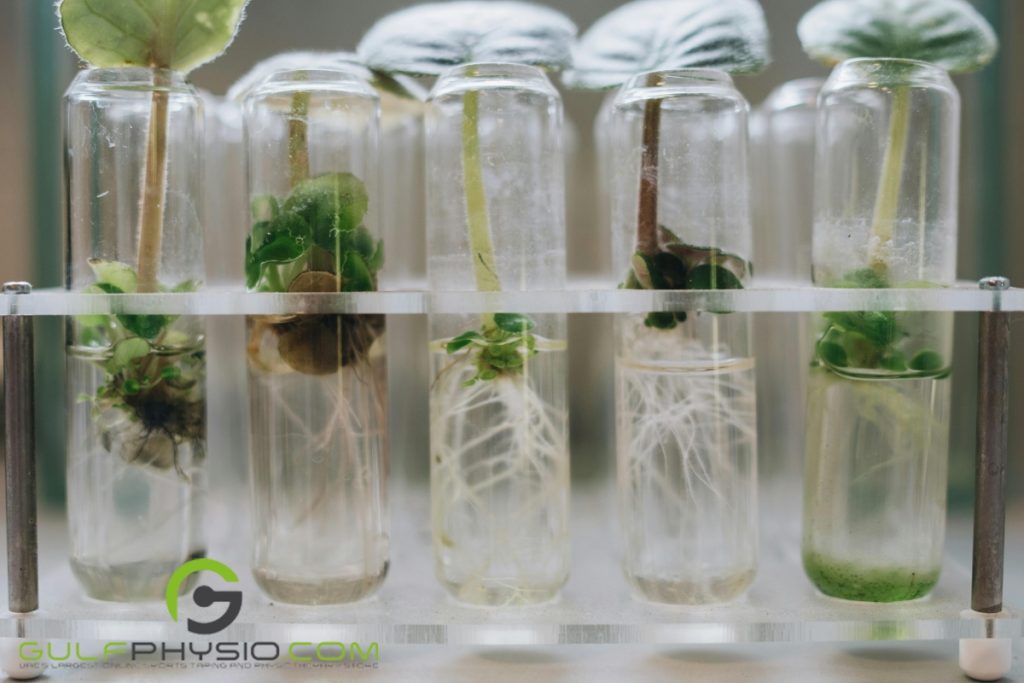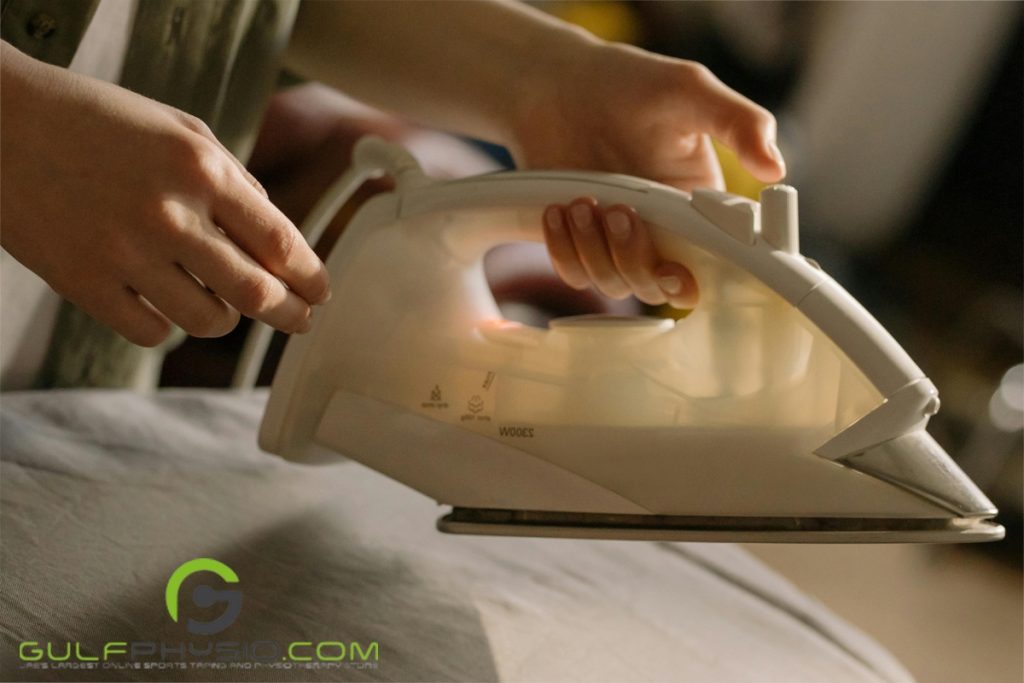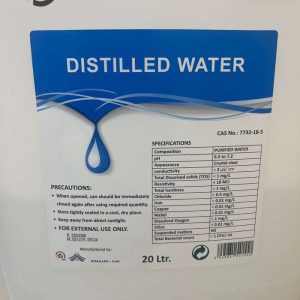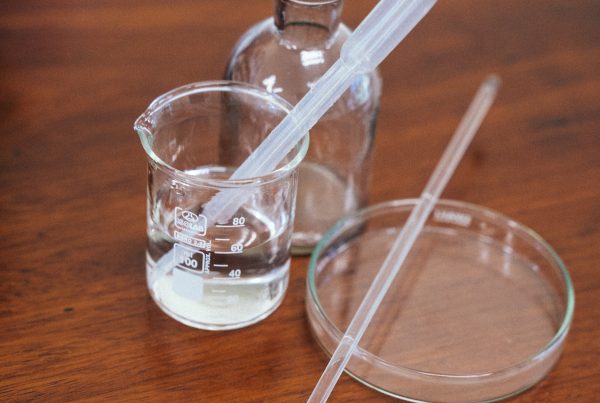
Distilled water is water that has been boiled into vapor and condensed back into a liquid in a separate container, removing most of its impurities, leaving behind just purified water. Here’s are 17 ways in which distilled water is used:
Household Uses:

- Humidifiers: Using tap water can lead to the release of minerals into the air, which can settle as fine white dust around the room. Additionally, the minerals present in regular tap water can build up in the humidifier, potentially causing malfunctions or requiring frequent cleanings. Distilled water prevents this buildup, ensuring smooth operation and reducing maintenance. Finally, it’s purity can reduce the growth of microbes compared to untreated tap water. However, it’s still essential to clean and maintain humidifiers regularly to prevent any microbial growth
- Waterpiks and other dental flossers: Consumers are often told to use regular water in waterpiks, however using distilled water would eliminate the buildup of mineral deposits within the nozzle tips .
- Steam Irons & Mops: To prevent mineral deposits and ensure the longevity of the appliance, distilled water is recommended for steam irons and mops.
- Ultrasonic cleaners: Distilled water, prevents any residues from being left on the objects being cleaned. This is especially crucial when cleaning delicate items like jewelry, surgical instruments, or electronics. Also, distilled water increases the efficiency of the ultrasonic cleaning process. Contaminants or minerals in water can absorb some of the ultrasonic energy, reducing the effectiveness of the cleaning.
Gardening & Agriculture:

- Plants: Certain plants, such as carnivorous varieties, air plants, orchids, and those in hydroponic systems, benefit from distilled water due to their sensitivity to minerals in tap water. Using distilled water helps prevent mineral buildup and provides a controlled environment, though some plants may require added nutrients for optimal growth.
- Hydroponics: Hydroponic systems benefit from distilled water because it offers a pure starting point, free from minerals, contaminants, and pathogens. This purity allows growers to precisely control and customize the nutrient levels in the water, ensuring optimal plant growth and health, and prevents potential issues like mineral buildup in the system or nutrient imbalances that can arise from using untreated tap water..
Medical & Health:

- CPAP machines: Distilled water is recommended for CPAP machines’ humidifiers to prevent mineral buildup and ensure the air delivered to users is free from contaminants. Its use maintains the machine’s efficiency and extends its lifespan while providing comfort to the patient by preventing airway dryness.
- Medical Laboratories: Distilled water is used for preparing solutions, diluting samples, and cleaning equipment to ensure accurate and uncontaminated results..
- Ultrasonic Nebulizers: Ultrasonic nebulizers utilize distilled water to produce a contaminant-free mist for respiratory treatments. The purity of distilled water ensures safe aerosol therapy and prevents mineral deposits in the device, promoting consistent performance and durability.
- Antibiotics Oral Solutions: Distilled water is preferred for reconstituting antibiotic powders due to its purity, ensuring consistent medication concentration, preventing drug interactions, and allowing accurate dosing.
- Baby Formulas: For baby formulas, distilled water offers safety by protecting infants from potential contaminants, prevents mineral overload, ensures consistent and smooth mixing, and is especially valuable in regions with uncertain water quality.
Technical & Industrial:

- Metallurgy: In distilled water, metals that are prone to corrosion might corrode more slowly than in tap water due to the absence of impurities and minerals that can accelerate the process. Additionally distilled water has a lot lower measure of electrical conductivity which can decrease chemical reactions. Take a look here to see the behaviour of metals in distilled water.
- Aquariums: For fish that require specific water conditions, distilled water provides a neutral starting point to adjust and maintain water quality. This way fish tanks can be correctly calibrated to mimic the fishes’ natural habitat.
- Battery Cells: In lead-acid battery cells, distilled water replenishes lost water without introducing impurities, ensuring consistent conductivity and preventing mineral buildup, which could diminish battery performance.
- Coolant Systems & Radiator Flushes: For radiator flushes and coolant systems, distilled water is sometimes mixed with antifreeze. This solution eliminates deposits and contaminants, facilitating efficient heat transfer and preventing system blockages, ensuring optimal engine temperature regulation and system longevity.
Miscellaneous:

- Soap Making: In soap making, distilled water offers a pure, contaminant-free base, leading to consistent results and minimizing unintended reactions with lye. Additionally, its purity helps reduce the chances of unwanted air bubbles, as there are fewer gas-generating reactions compared to using impure water
- Hair Care: When diluting shampoos, conditioners, and other hair products, distilled water preserves the product’s quality, preventing mineral deposits on hair and promoting uniform distribution of active ingredients. Moreover, using distilled water reduces the risk of reactions between the active ingredients and minerals typically found in tap water.
Distilled water, purified through boiling and condensation, is essential across diverse domains. Its purity makes it crucial for household applications, laboratory accuracy, medical treatments, and technical processes. From safeguarding appliances to ensuring safety in medical and infant care, distilled water’s varied uses underscore its significance. Take a look at the comprehensive overview of distilled water.


